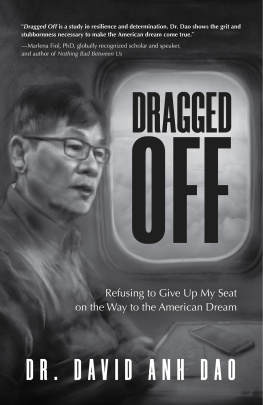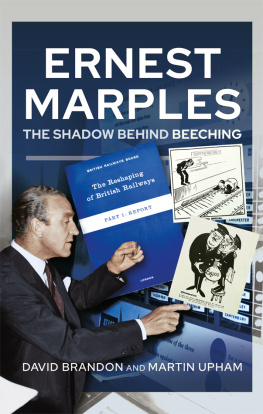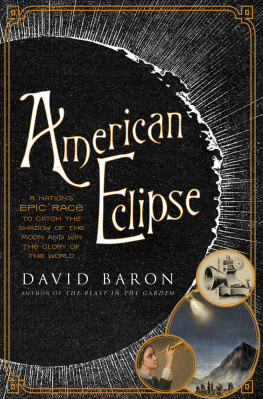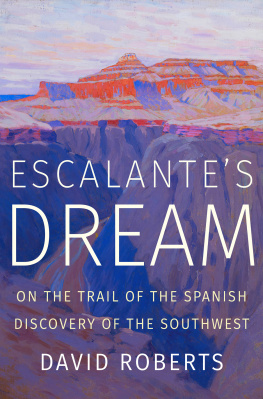Introduction
This book of diary writings by David Wojnarowicz comes from over thirty journals he kept from age seventeen, one summer in 1971, until another summer, in 1991, a year before he died. In the first diary (he saved, that is; there were probably earlier ones that werent saved), David is on an Outward Bound expedition. He has high hopes for solitude and discoveries in nature but is then thwarted by severe conditions and physical hardship. He is unable to endure the diet and isolation, and he desperately wishes to get off the island, to return to the city from which he had wished to escape. Strangely, the end of his life reads similarly. His health deteriorates, and he feels more and more isolated and alone. With anguish he describes himself disappearing. He realizes that, having gone through the experiences he has with AIDS and a culture that never deals honestly with death or dying, even if he were to survive, he would be filled with anger and hopelessness, anathemas to him. Im empty, other than of illness and dark thoughts. I want to die but I dont want to die. Theres no answer right now (August 1, 1991).
Anyone who turned the pages of these diaries would make different selections than I did, so it is important to introduce this set of writings, made from thousands of pages, as very much my own assemblage. I decided to follow a number of threads throughout Davids journals that I believe are illustrative of the values he cherished, the struggles he endured, and the pleasures he sought.
The adolescent in the first diary is a typical boy fascinated with snakes and insects and what his body will do when put through an endurance test. But he is also a loner, not able to assimilate, a boy not fully aware of himself except for that queer feeling of not belonging and not particularly wanting to either. Expressing an interiority to the extent that he does in his diary is the first sign we have of Davids literary talent for inscribing his condition on both a quotidian and a profound level. What he doesnt describe in this early journal, or in any of the subsequent chronicles that go into depth about who he is and what his dreams are, are the hardships of his childhood. In the biographical time line he provided for Tongues of Flame,* David gives a personal account of his youth: He is born in Red Bank, New Jersey, to a sailor from Detroit and a very young woman from Australia, in 1954. His parents get divorced two years later, leaving David and an older brother and sister in a sinister orphanage. His father visits occasionally, a year or two later kidnaps the children from the orphanage and brings them to Detroit, where they live with uncles and aunts in an unstable household until his father remarries a young woman from Scotland and moves his children back to New Jersey. His father is away sailing most of the time. When David is seven, his father forgets him and his brother and sister at a shopping center miles from home the day before Christmas. There is a blizzard, and his father is drunk.
David spends most of his time in the woods looking at animals. He starts hanging out with teenage boys in a local gang. An older boy tells David to play with his dick. A year later, another boy tells David to put his dick in his mouth. They do it to each other. By now he is eight years old, has taken up smoking, and his father has become more brutal, shooting off guns in the house, killing family pets.
In 1963, soon after Kennedy is assassinated, David and his brother and sister find their mothers name listed in a Manhattan phone book and secretly meet her in New York City for a few hours. She takes them to the Museum of Modern Art, and David wants to become an artist after that. His father finds out about the trip, and one day when he is drunk, he puts them on a bus to Port Authority, where their mother meets them. They live in Midtown next to a Howard Johnsons where later Angela Davis will be caught in a wig and dark sunglasses. David is approached several times by strange men before he finally begins hustling. Living in Hells Kitchen, discovering his homosexuality, and being encouraged by his mother to paint and draw, David, at age twelve, shows signs of depression and considers suicide.
In 196869 he lives on the streets in New Jersey, Long Island, and New York City, sniffs glue, smokes pot and hash, attends Black Panther Party demonstrations, and meets a married lawyer in Times Square who takes him to his home in New Jersey when his family is vacationing elsewhere. This relationship helps David regain some self-worth, and after nearly starving for a year, he is taken care of. In high school David becomes acutely aware of the inequities in society. In 1970, he drops out of school, where he studied art, and lives mostly on the streets. He is drugged once, raped, and beaten while unconscious. He leaves New York City occasionally to escape his life, works as a farmer on the Canadian border, gets a job as a bookstore clerk (in a legitimate bookstore) in Times Square, falls in love with a woman, has a relationship with her for six months, realizes he is truly queer, and goes freight hopping across northern states to San Francisco, where he lives openly gay for the first time and realizes how calm and healthy he feels as a result. He also realizes that being queer is a wedge that was slowly separating me from a sick society (Tongues of Flame, p. 117).
From 1974 to 1978, David reads avidly, Genet and Burroughs in particular, and he takes several hitchhiking trips between coasts, interacting with the poverty population and growing more and more angry about the greed and disproportion of wealth and privilege in America. He begins writing street monologues based on the stories of people who live and work on the margins of society, and taking photographs with a camera a street buddy has stolen for him. He keeps a diary regularly, recording the things that happen to him and his feelings about them, letters he writes but doesnt always send, and art projects he plans to make.
In 1977 David goes to Paris, where his sister lives, and he plans to stay there. After a magical time in Paris and Normandy with a man who speaks little English, David decides to go back to New York City. In 1978 Davids ideas about art making shift: he becomes interested in constructing with words, drawings, photographs, and objects an alternative version of history that disputes the state-supported form, which doesnt take into account how minorities survive. Davids father commits suicide. In 1979 David begins working on a Super-8 film in the abandoned warehouses along the Hudson River, which is also where he spends much time exploring sexual possibilities, creating stencil murals, and gathering stories that he later documents in more monologues.












